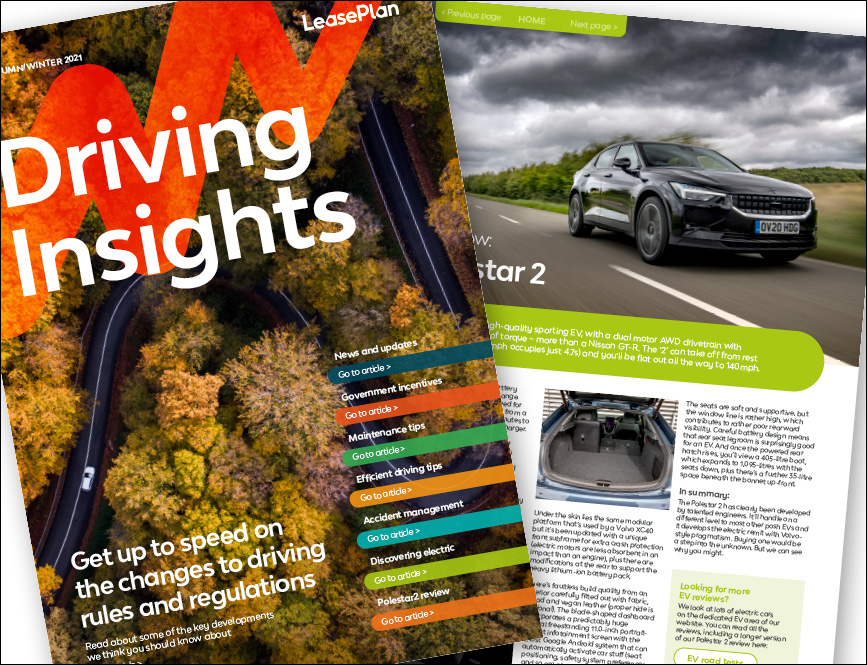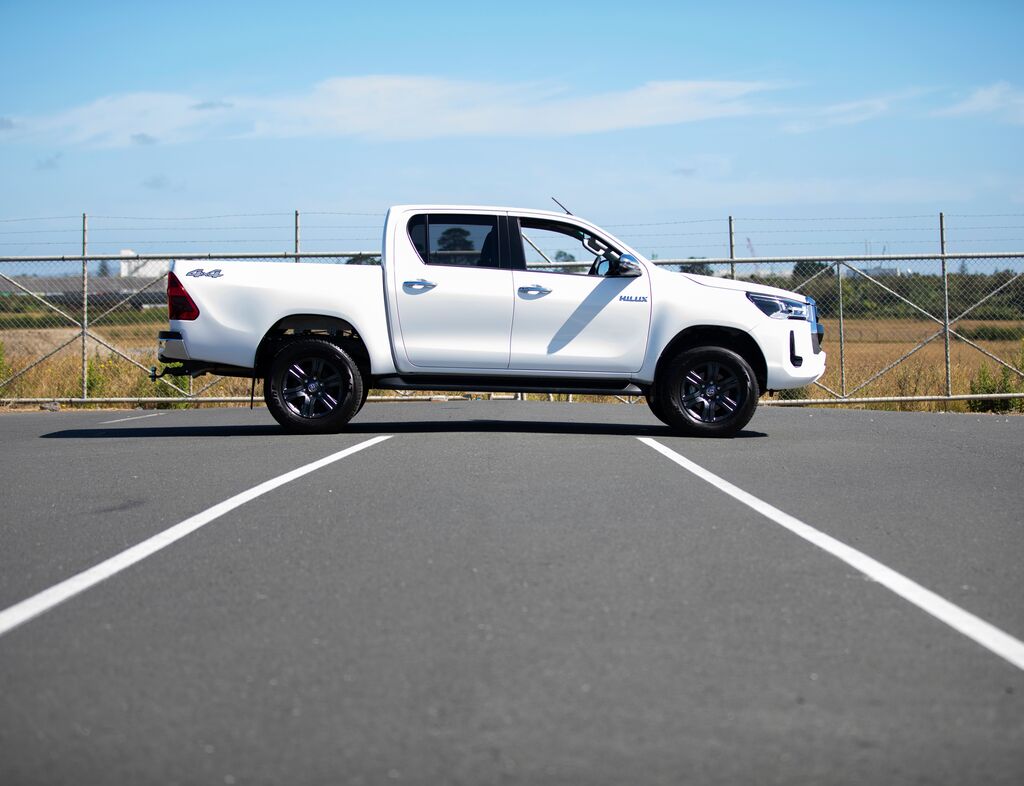Guest blog by Marcus Roberts, International Projects Director, YouGov
For both the Remain and Leave campaigns, Britain’s car industry has become a symbolic battleground for the European referendum. Both sides claim that this jewel of British manufacturing can only truly shine in the future they envision.
For Remain, this means dire warnings of the import/export disaster that awaits the car industry should Britain exit the EU. Their story is one of manufacturers relocating within the EU to avoid the punishing tariffs that they insist Brexit will bring.
For Leave, this means telling stories like that of Southampton’s doomed Ford plant – transferred to Turkey because, of all things, an EU subsidy that resulted in British jobs being outsourced beyond EU borders.
Fuelling these stories of fear and loss lie the numbers that reveal just how finally balanced the Brexit debate is. With the latest YouGov polling effectively showing a tie at 38 per cent Leave, 37 per cent Remain (with 25 per cent who don’t know or won’t vote), both sides are looking to business voices, particularly in manufacturing, to serve as believable surrogates for their message.
The role of car manufacturers in the Brexit debate has been thrown into sharp relief with the publication by BMW of an open letter for Remain. Arguing that ‘free trade is important for international business,’ BMW’s leadership fears Brexit because of the risk of re-imposed tariffs. The letter continues:
‘…we get a significant benefit from the easy movement of our people between the UK and Europe. This allows the rapid transfer of expert knowledge throughout the Rolls-Royce Motor Cars and BMW Group networks, building the skill level of our UK workforce.’
And BMW is not alone in calling for a Remain vote. Just last week, Nissan Chairman and CEO Carlos Ghosn said that, while Nissan won’t campaign for Remain, it would prefer the status quo. Mr. Ghosn observed:
‘Last year we produced more than 475,000 vehicles in the UK – 80 percent of which are exported… Our preference as a business is, of course, that the UK stays within Europe – it makes the most sense for jobs, trade and costs. For us, a position of stability is more positive than a collection of unknowns.’
Furthermore, the positions of BMW and Nissan are matched by the industry body the Society of Motor Manufacturers and Traders, which represents more than 30 UK-based car makers whose members have ‘clearly stated,’ by survey, their opposition to Brexit. They fear economic instability and job loss.
The claim that free movement of labour is positive for workers is a contentious one, to put it mildly. As Sunder Katwala of the think-tank British Future says: ‘if you want to know why we’re having this referendum in one word that word is: immigration.’
Given this, it seems unlikely that the large numbers of fairly Eurosceptic, lower-income voters upon whom the Brexit votes hinges will be much won over by the car manufacturers’ talk of ‘easy movement’. Indeed, recent YouGov analysis shows that, whilst Remain enjoy the confidence of big business, the turnout advantage represented by Eurosceptic voters is a significant strength for Leave.
While the Leave and Remain campaigns trade stories of fearful futures, the public must navigate the claims and counter-claims of what Brexit might mean for British industry. With the referendum just 100 days away, both sides have little time to lose in recruiting business voices to their side in making their case.




